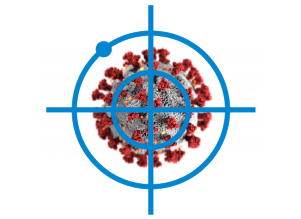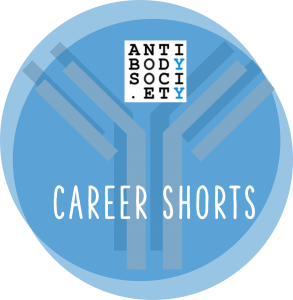“Emerging cancer therapies leveraging gamma-delta effector T cells”
Hosted by The Antibody Society and co-organized with LAVA Therapeutics.
Empowering the potent and specific anti-tumor activities of γδ-T cells is an emerging and highly exciting approach in the fight against cancer. Two distinct therapeutic approaches are getting particular attention; the first is aimed at tumor-targeted activation using bispecific antibodies or γδ-CART cells, the second involves adoptive transfer or in vivo activation of γδ-T cells. During this symposium you will hear from key opinion leaders about the most recent developments for novel γδ-T cell-directed treatments for cancer, including a panel discussion on key opportunities and perspectives.
Held Monday November 29, 2021, the recorded event is available On Demand!
A panel discussion includes:
· Prof. James Allison, MD Anderson, Houston, TX
· Prof. Padmanee Sharma, MD Anderson, Houston TX
· Prof. Daniel Olive, Imcheck and Aix-Marseille Université, Marseille, FR
· Prof. Jürgen Kuball, University Medical Center, Utrecht, NL
· Dr. Michael Koslowski, GammaDelta Therapeutics, London, UK
· Prof. Hans van der Vliet, LAVA Therapeutics and Amsterdam UMC, Utrecht, NL



